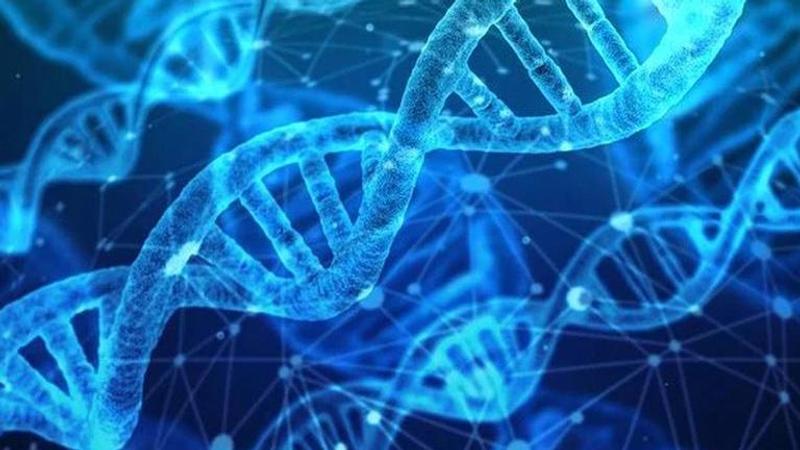Published 19:03 IST, September 4th 2020
Scientists say gene-editing not full-proof yet, more research required
Several esteemed scientists have recently stated that genetically-editing human embryos is a practice that should not be used yet as more research is required

Several international commissions have recently stated that genetically-editing human embryos is a practice that should not be used. US National Academy of Medicine, US National Academy of Sciences, and Britain's Royal Society have stated that until the process for genetically modifying embryos can be proven to be safe and reliable, countries and organisations should not perform it.
More research into Gene-editing required
The statement by the international commissions come on the heels of a major Chinese scandal from 2018 wherein Chinese biophysicist He Jiankui shocked the world after announcing that he had successfully gene-edited babies using an extremely powerful new tool called CRISPR. As per reports, the biophysicist edited twins' Luna and Nana in order to make them immune to HIV. As a result, he was given three years in prison by the Chinese government for performing illegal medical practices.
According to reports, the case shocked the scientific community across the globe and reignited the fears that parents would start creating designer babies. The commission in its report said that the case made it want to come out and clearly establish that gene-editing was not safe and should not be practised, it also added that careful consideration must be given to the process.
As per reports, despite its words against the practice of gene-editing, the commission did not reject the principle and science behind it and added that it merely wants to be able to prove a framework for when countries start researching and experimenting with gene-editing in the future. The commission that was made of 18 experts from their respective fields stated that gene-editing on babies and embryos should not be carried out unless it has been clearly established that the necessary changes can be made without unwanted side effects.
The CRISPR-Cas9 which is usually just called CRISP, which was used to perform gene-editing on the twins in China has reportedly changed medical research ever since its introduction back in 2012.
(Image Credit Pixabay) (Input Credit AP)
Updated 19:02 IST, September 4th 2020



